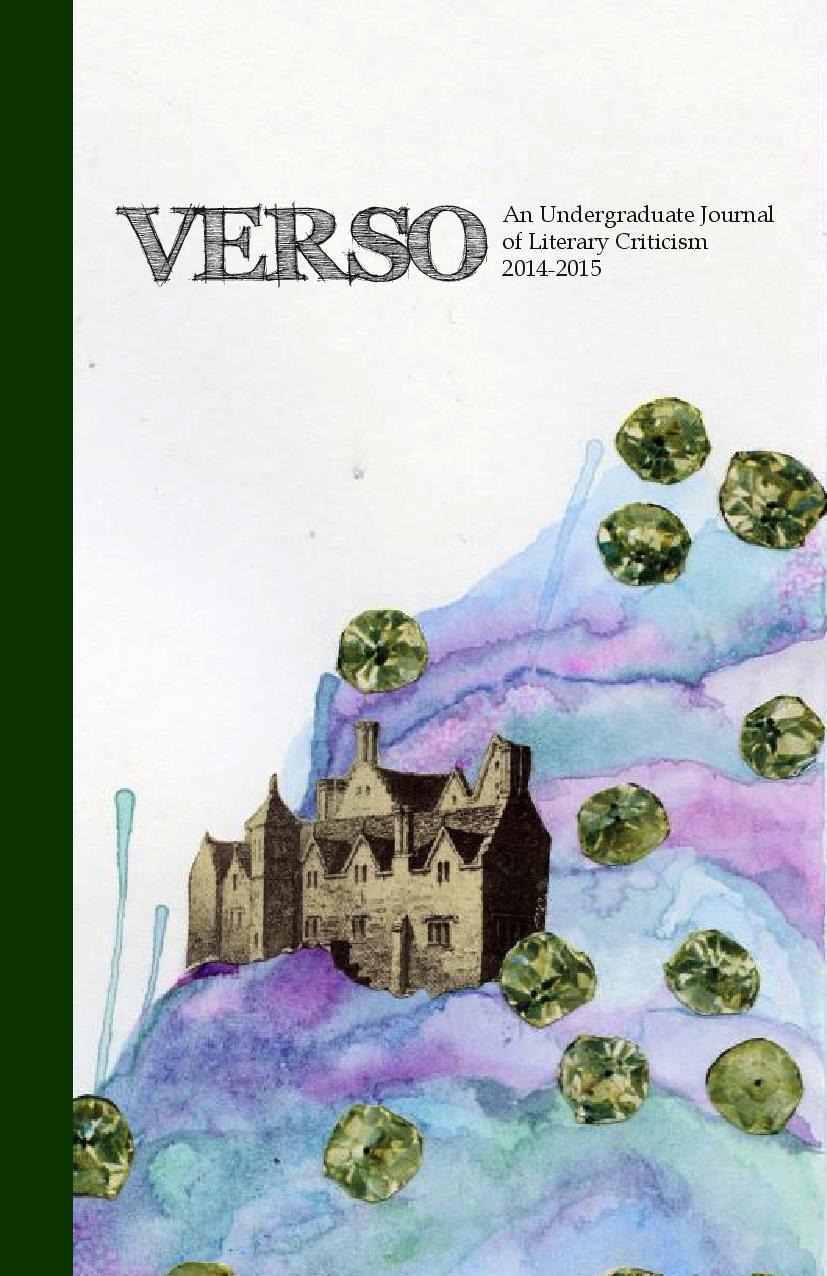Carrot Cake
Abstract
It‘s not often that students in a required class, much less a dry and abstract one like the History of Literary Criticism, retain a sense of humour, but Aiyana Graham has done so in playfully comparing the creative process to making a carrot cake. The assignment was to explain how three of the critics we were studying used the term “nature,” a notoriously labile term in critical thought. Plato casually uses it in reference to perfection when he makes nature a synonym for his realm of ideal forms. For Wordsworth, it is “all the mighty world of eye and ear” where sunsets and fields of daffodils soothe his heart. Focusing on Aristotle, Longinus, and Sidney, however, Aiyana draws attention to other senses of the word and their roles in a recipe for constructing a poem. Her key idea is “the nature around us and within us.” Beginning with Aristotle‘s idea that mimesis is act of poesis; she explains the artist‘s struggle to blend the ingredients of “nature around us” into a meaningful whole. Turing to Longinus, she shows how the verbal energies of “nature within us” whip the mix to perfection. Finally Sidney praises the poet for transforming the raw material world into a fully baked confection. This is a mouth-watering metaphor indeed – let‘s eat!
—Dr. Ron Tetrault

